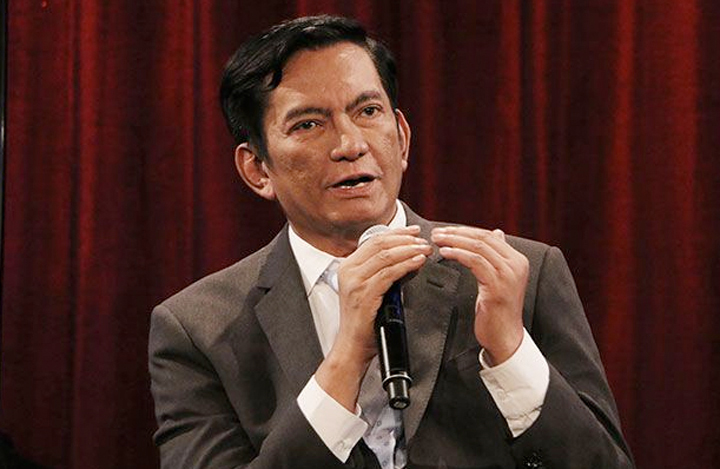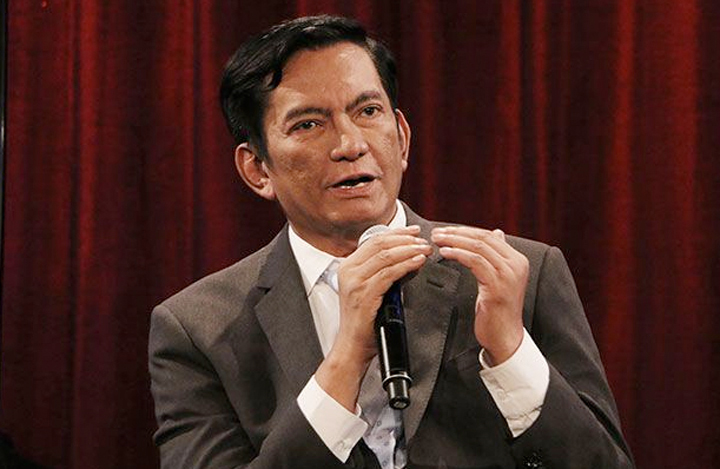
AS prices of traditional fossil fuels hit historic highs this week, the chairman of the House Committee on Ways and Means on Monday warned against a possible “energy crunch,” or a rise in power and fuel costs.
Albay Rep. Joey Sarte Salceda appealed to the Department of Energy to expedite the process of approvals for power plants, especially for renewable energy.
“The world is facing what could be a year of price hikes on coal, oil, natural gas, and other non-renewable energy sources. We are facing a confluence of factors. Oil is back where it was pre-pandemic. Natural gas is at all-time highs,” Salceda said in a statement.
“You could be looking at a worldwide energy crunch by mid-2022. That can cause major problems for countries like the Philippines that import non-renewables for our energy needs. That could dampen economic recovery, so energy has to figure in the country’s economic recovery plans,” Salceda said.
Just this week, Salceda said the price index for natural gas hit all-time highs.
“Natural gas used to be seen as the alternative to oil. But now, I’m not so sure it is more immune to the kind of price volatility typically avoided in oil,” Salceda said.
RE needed
In response to disruptions and price hikes in fossil fuels, Salceda recommended that the country diversify its energy portfolio quickly.
“RE is just 24 percent of our energy sources, when we are both a net importer of fossil fuels, and an excellent location for all sorts of RE. One problem appears to me to be the approval process. The Renewable Energy Law imposes much more requirements on RE players than on traditional fossil fuel plants, which of course tends to discourage rather than encourage RE power plants,” Salceda said.
Congress, he added, may need to review the Renewable Energy Law to see how approval processes can be expedited.
“Moving into a fossil fuel crunch, your ideal mix should be at least 40-60, 40 percent being renewable energy. Our international commitment is to get that up to 35 percent by 2030, but we should do ourselves better by aiming for 40 percent, since almost all of our fossil fuels are imported,” Salceda said.

